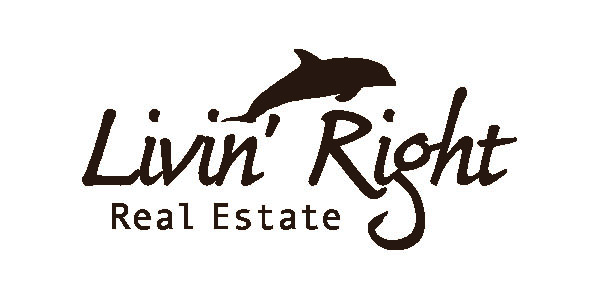I took a break on these blogs to think about this one as it is one of the most important processes that we go through with anything, and investing in real estate involves a lot of time, money, and a fair amount of risk.
To begin, I want you to consider what category you fall into. 1) Are you investing for a source of passive income (income that you do not directly work for like rent). 2) Are you investing to increase the opportunities for your current business... Have you outgrown your location? Are you leasing in a building that is for sale? Are you looking for a place to start a business or another location to add to a business? or 3) Are you investing for the sake of appreciation/flipping such as development opportunities or buying old and renovating to make a profit off the resulting better product?
From the work that I come across, these three areas are the categories of investing that I normally see. Understanding where you are in one of those categories can help you define your goals as your locations, ratios, time frames, and limitations are all very different depending on which category you fit into. Deciding the type of investing you want to do allows you to face realities of today in order to make better decisions for tomorrow, and knowing the realities can help you make a goal that is written, attainable, and has a deadline.
From the book, How to Win in Commercial Real Estate Investing (Coppola, 2014), real estate goal setting is easily done by focusing on four parameters: product type, location, money, and investment structure. The product type is developed from the categories I referred to above meaning you need an office building, retail, multi-family, flipper, etc based on how you see your needs.
The next is location. Location is extremely important because it is a large determinant of future value and economic relevance. Have you ever noticed why many fast food restaurants are located on one side of a street and there are much fewer on the other side? Well, one factor is that many breakfast serving restaurants like to be on the same side of the street as the traffic that is moving toward the large employers/draws because they know they will get more customers with ease of access. For example, look at Eglin Pkwy leading to Eglin AFB in Fort Walton Beach. Every fast food joint that serves breakfast is located on the east side of Eglin Pkwy because they all know that it is an easier access for the military personnel going to work (Even Starbucks failed in Shalimar because it was on the wrong side of the street!). So, if you are in the owner occupied business and looking to relocate, you may want to consider if you are a drop off/swing in type of business that would need morning access or if you are a stop off after work type of business that needs better access in the afternoon. If you think that you are both, follow the fast food guys and bank on the morning people.
Money is the next item to consider. You cannot invest in real estate without money, and if you are then the person/group/entity who is backing you is taking an enormous risk. Nearly all investors want to know that you have skin in the game and are not being foolish with their money on your "big" idea. However, remember that the money you invest into real estate should not be your first investment dollar. Learn to be patient, sacrifice, and save to get your investment dollars.
The last point you will need to consider your investment structure. Do you want to pay cash, get a loan, or possibly take on partners, etc. This is a personal decision, but a good strategy is to start with loans/partners and keep putting money aside from every deal until you have the ability to do your own deals without a bank or partner. These are the people that make their margin/fall back cushion bigger with each deal and do not end up losing all of their wealth in the cycles of real estate because they have staying power. Staying power results in big, long term wins. You can win big in real estate if you have staying power and that longevity in the business will build wisdom from which you will gain even more and make even better decisions.
In conclusion, you need to decide what your realities are, what class of investor you are, and where you fit into the goal setting categories. I am going to conclude this blog by quoting Coppola because this paragraph really sums up investing best to me in the sense that true investors are not looking for perfect fits and home runs, they are looking for workable situations within their ratios and goals. "You'll find real estate is less about finding something that can make money, and more about narrowing down the options until you arrive at the best one that can make you money. There's a big difference. Finding the right investment has an element of chance and implies that there is only one right investment. Narrowing down the options until you locate the best one puts you in control, implies that there are lots of good opportunities out there, and prepares you when a great opportunity comes your way." (Coppola, 2014)
